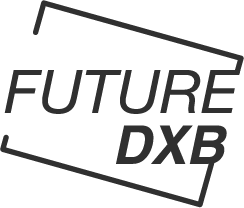Maximizing Efficiency: The True Influence of AI on Marketing

AI has become a pivotal tool in boosting productivity in various industries. Specifically, generative AI has enabled marketers to enhance efficiency without replacing human effort, focusing on productivity tools to streamline their work processes.
One surprising finding is that while marketing and advertising lead in generative AI adoption, the top categories of AI tools are aimed at productivity rather than marketing-specific tasks. This shift emphasizes the role of AI in empowering marketers to be more productive rather than doing the work entirely for them.
Generative AI in marketing is set to revolutionize the industry with numerous use cases. Data exploration becomes effortless with generative AI, providing marketers with insights through natural language processing and understanding. This enables the creation of highly targeted and personalized marketing campaigns by analyzing diverse data sources.
Another key application is personalized marketing campaigns, where generative AI identifies patterns in customer behavior to tailor content, offers, and recommendations for individual customers. Additionally, AI can optimize dynamic pricing strategies based on market conditions and customer behavior in real-time.
Chatbots and virtual assistants powered by generative AI engage customers and provide assistance, although studies show a preference for human interaction in customer service. Generative AI also helps in customer journey mapping, creative testing, targeting, and optimization, as well as market research, trend analysis, and SEO.
While the possibilities with generative AI in marketing seem limitless, it’s crucial to use these technologies responsibly, considering data privacy, governance, and consumer trust. By leveraging generative AI effectively, marketers can enhance creativity and efficiency throughout the customer engagement lifecycle, pushing the boundaries of innovation.

